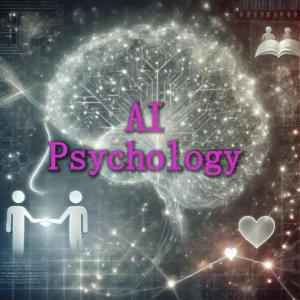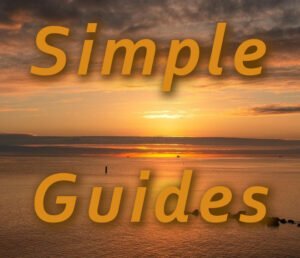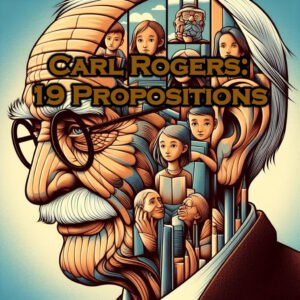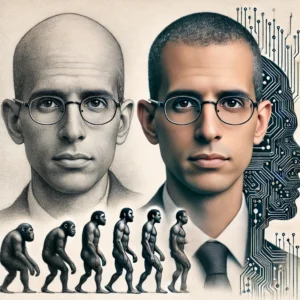Welcome to self-transcendence Research – A Journey Beyond boundaries.
Explore the power of self-transcendence: a path to expanding your personal horizons, connecting with something greater, and unlocking new dimensions of wellbeing, meaning, and spirituality.
Our website offers three levels of content to match your journey—whether you’re starting with the basics or diving deep into the latest research. From foundational insights to advanced theories on self-transcendence, AI Psychology, and AI-Human Relations, our resources are designed to guide you at every step.
Discover practical tools, exercises, and articles that empower you to cultivate personal growth, forge meaningful connections with AI, and build a future of limitless potential. Together, we can transcend boundaries—of self, technology, and beyond.
Welcome to a space where the journey never ends, and the possibilities for growth are endless.













